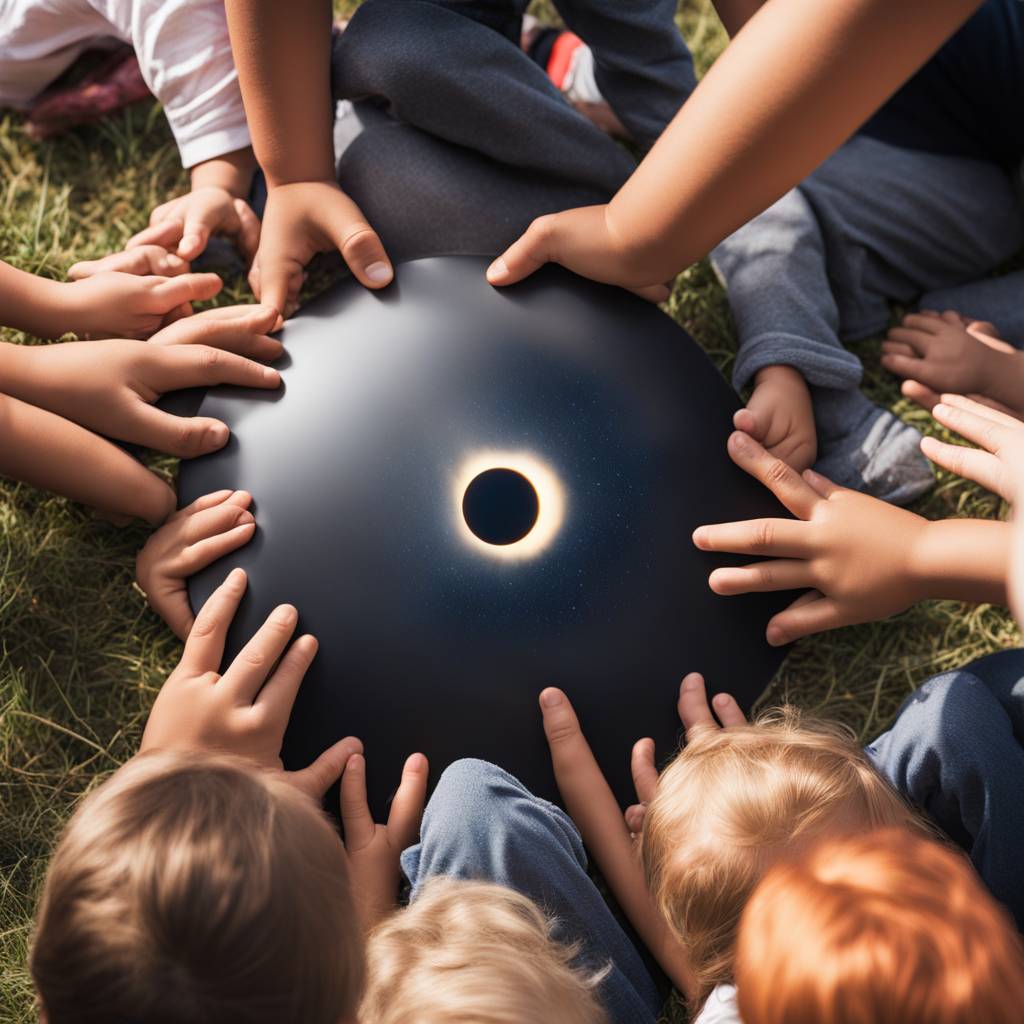The 2024 total solar eclipse presents a rare opportunity to get kids excited about space and science. Explaining a solar eclipse to a young child can be a fun and educational experience. Simple terms can be used to describe the event, with NASA providing informative videos that make it easy for children to understand. The next total solar eclipse won’t be visible in North America until 2044, so emphasizing the rarity of the event can increase excitement in children.
Creating a model can further enhance a child’s understanding of a solar eclipse. Using household items like balls and a flashlight, parents can demonstrate what happens during an eclipse in a hands-on way. NASA’s interactive map can show kids which cities will experience a total solar eclipse and what time it will occur. Pinhole viewers can also be a safe and fun way for children to observe the eclipse, and creating them can be a enjoyable activity to try.
Another safe way to view the solar eclipse is through special glasses, which should have the International Organization for Standardization (ISO) 12312-2 code inside to ensure they are safe to use. There are many different options available, with various colors and designs to choose from. Designing sun prints is another DIY craft that can demonstrate the power of the sun’s rays. Scholastic provides step-by-step instructions on how to create sun prints using construction paper, leaves, flowers, plastic wrap, and rocks for weights.
In conclusion, the upcoming 2024 total solar eclipse is a fantastic opportunity to engage children in learning about space and science. By using simple explanations, hands-on models, interactive maps, and creative crafts, parents can teach their kids about solar eclipses in an exciting and educational way. Encouraging children to be part of the planning and viewing process, whether through making pinhole viewers, shopping for glasses, or designing sun prints, can foster a lifelong curiosity and fascination with the cosmos.













